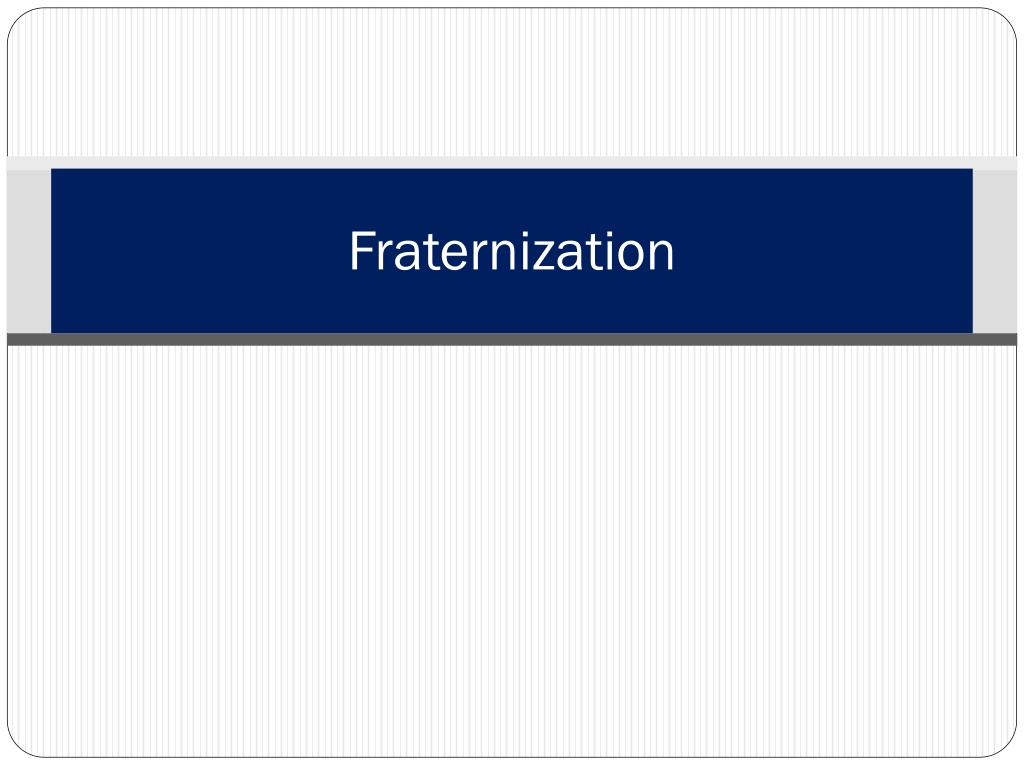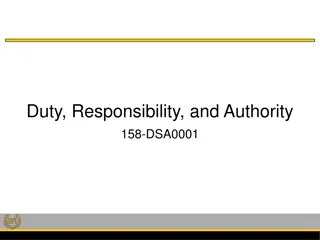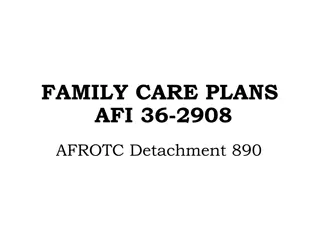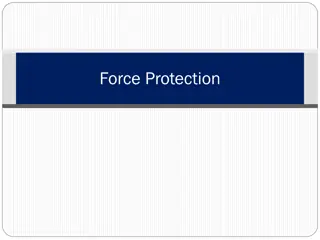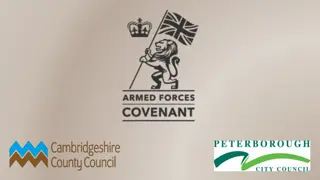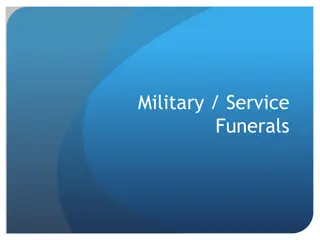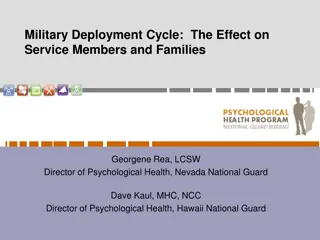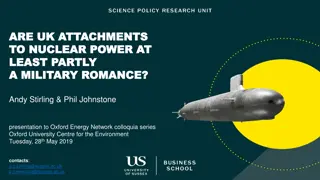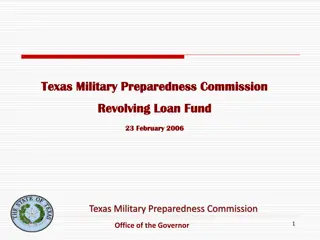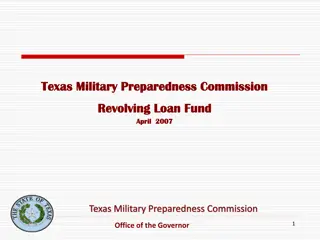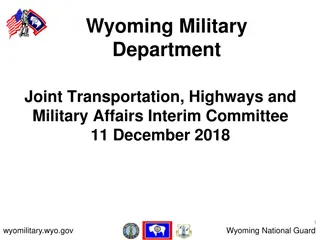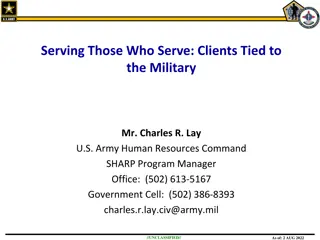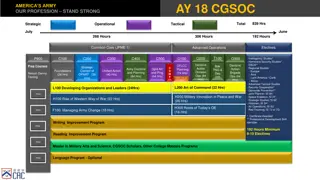Understanding Fraternization in Military Settings
Proper relationships among military personnel are crucial for good order, discipline, and mission readiness. Fraternization, which involves inappropriate personal relationships beyond acceptable bounds, can jeopardize these principles. Recognizing, avoiding, and understanding fraternization is essential to maintaining the integrity and professionalism of the armed forces. It can lead to disciplinary actions and damage to one's reputation and the Navy as a whole. By adhering to relationship traits that promote respect, honesty, and trust, individuals can help prevent fraternization and uphold the core values of the military.
Download Presentation

Please find below an Image/Link to download the presentation.
The content on the website is provided AS IS for your information and personal use only. It may not be sold, licensed, or shared on other websites without obtaining consent from the author. Download presentation by click this link. If you encounter any issues during the download, it is possible that the publisher has removed the file from their server.
E N D
Presentation Transcript
Learning Topics Know its definition Inappropriate relationships Know examples and non-examples of fraternization Relationship traits to avoid Responsibility of juniors and seniors Know possible outcomes
Introduction Proper relationships between midshipman is at the core of good order and discipline and is imperative to fleet readiness after NROTC Understanding fraternization will help you eliminate inappropriate relationships that could endanger the Fleet s mission or bring discredit upon yourself and the Navy
Importance Understanding fraternization is vital to help all Sailors recognize and avoid it Fraternization destroys good order and discipline Fraternization can also get you into trouble
Definition Fraternization is a personal relationship that goes beyond the customary bounds of acceptable senior/subordinate relationships
Inappropriate Relationships Officer - Enlisted Senior officer - Junior officer Senior enlisted - Junior enlisted Instructor - Student
Examples Fraternization could involve: Dating Living together Sexual relationships Commercial solicitations Business partnerships Borrowing
Non-Examples Proper social interaction between seniors and juniors that is intended to build unit morale and camaraderie is healthy and clearly appropriate The following are not fraternization Command sports teams Command sponsored events
Relationship Traits to Help Avoid Fraternization Respect Propriety Honesty and loyalty Trust Common ground Non-harassing Non-compromising Core Values Positive influence Enhances professional commitment Supports good order and discipline
Junior Persons Responsibility Do not seek: Favoritism Preferential treatment Personal gain Do be: A role model Honest and competent A leader by example There for them
Senior Persons Responsibility Support command mission Demonstrate loyalty to command and shipmates Perform duties with honesty/integrity Accept responsibilities Desire to professionally advance Display initiative Honor family/personal commitments Reliable in tough situations
Possible Outcomes The questioning of a senior s objectivity Actual or perceived preferential treatment Undermining the authority of a senior Compromising the chain of command Administrative or punitive action
Conclusion Respect difference in position and grade Off duty relationships Remember the Navy Core Values when dealing with fraternization The Navy s policy on fraternization Don t do it!
References Navy Knowledge Online https://www.nko.navy.mil/ OPNAVINST 5370.2C
